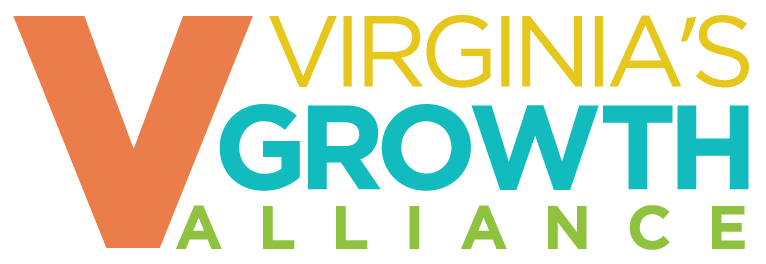Like many rural communities, Mecklenburg County relies on regional cooperation to boost its economy. A newly formed partnership — Virginia’s Manufacturing Region — is a regional coalition to market Southern Virginia as a top destination for manufacturing jobs.
It’s a bit like a supergroup, with Virginia’s Growth Alliance in Keysville, Virginia Gateway Region in Colonial Heights and the Lynchburg Regional Business Alliance pooling their resources.
“We just don’t have the funds to travel all over the country and promote our area,” says Angie Kellett, director of economic development for Mecklenburg, which belongs to the VGA. “This is kind of icing on the cake. Now we have an entity who is marketing three different regional areas and helping to sell our communities in the manufacturing world.”
Southern Virginia has seen a lot of progress in recent months in luring manufacturing jobs to the area — notably, Morgan Olson LLC’s incoming van assembly plant in Danville and Canadian lumber company Teal-Jones Group’s purchase of Henry County’s Pine Products Inc.
A lot of the connections among the localities in VMR already exist informally.
Keith Boswell, the Gateway Region’s CEO, knows leaders from the other two alliances from working for the Virginia Economic Development Partnership for more than two decades. Since each region was working to attract manufacturing companies, Boswell says, it only made sense for the three to collaborate.
“We were able to leverage our dollars and cover much more ground than we would individually,” he says.
The group’s goal is that each year, leaders from the three organizations will represent VMR on six domestic and four international trips, where they will conduct dozens of business development meetings. That’s many more trips than Jeff Reed, executive director of the VGA, could make on his own.
“I’m a staff of one,” he says. “By having this coalition, we’re exponentially spreading awareness to a whole other segment of people that I [normally] wouldn’t reach because there aren’t enough hours in the day.”
According to Reed, the VGA’s cost was about $25,000, which he paid with funds from the Virginia Tobacco Region Revitalization Commission, and Boswell says the three organizations split the costs equally, although he declined to say how much the VGR was contributing.
Already, the new collaboration has generated several leads, according to Boswell. “We’re not sure if these are going to land or not, but there are three opportunities that we know that we would not have found if we had not started this.”
